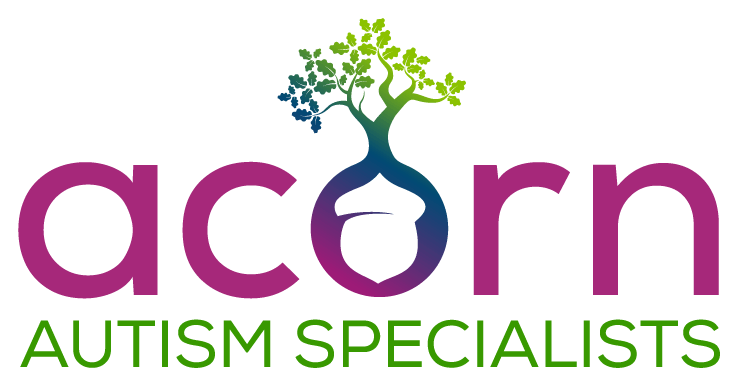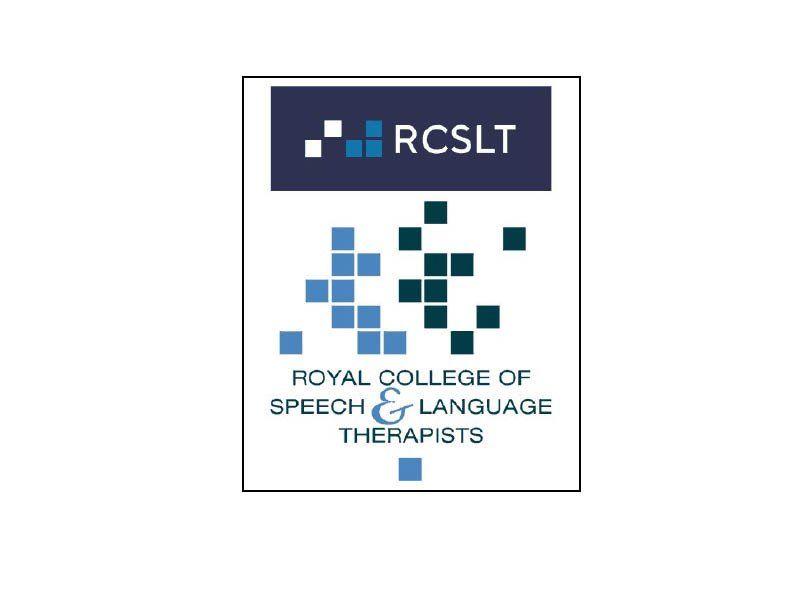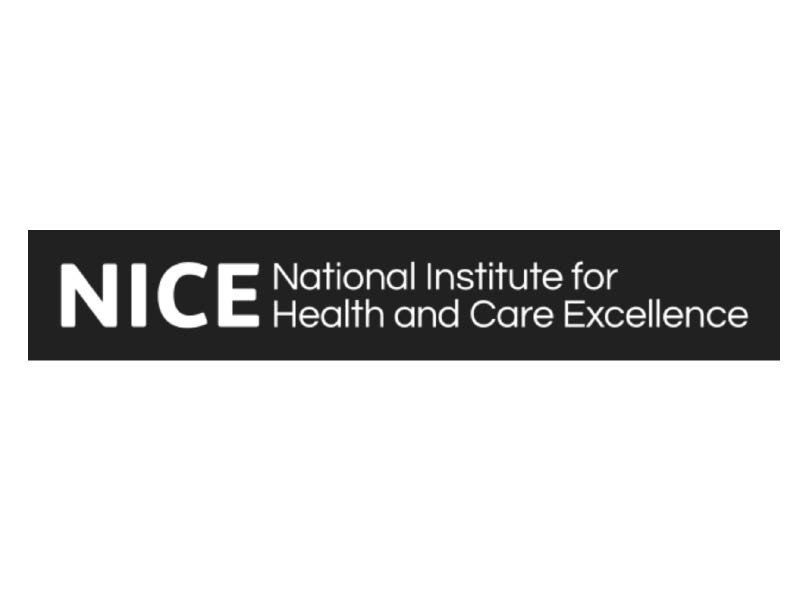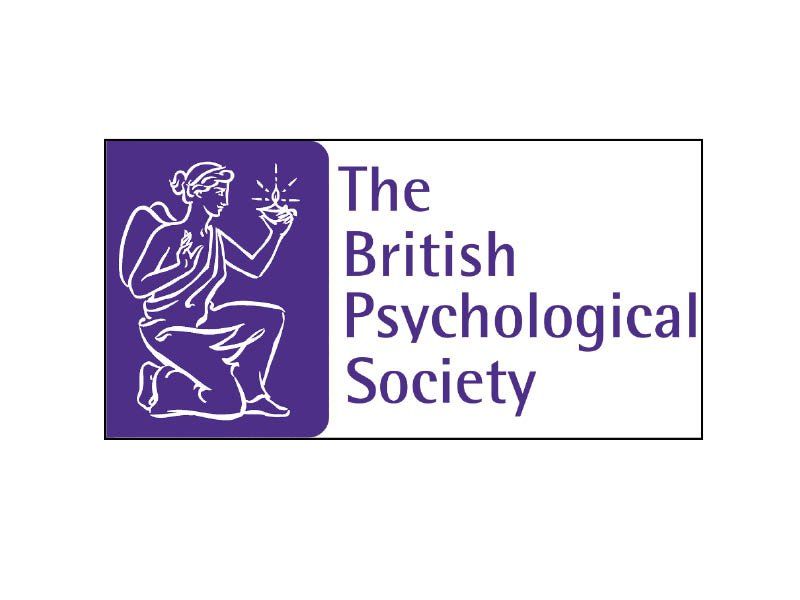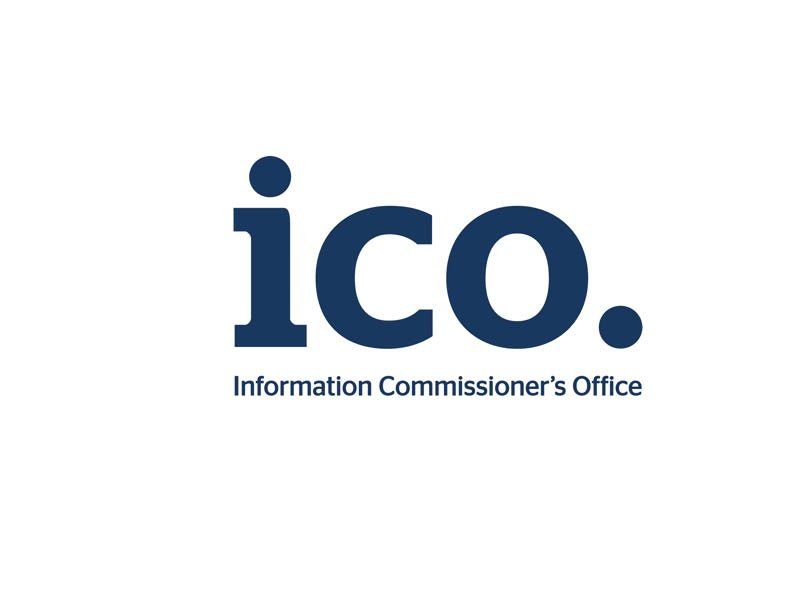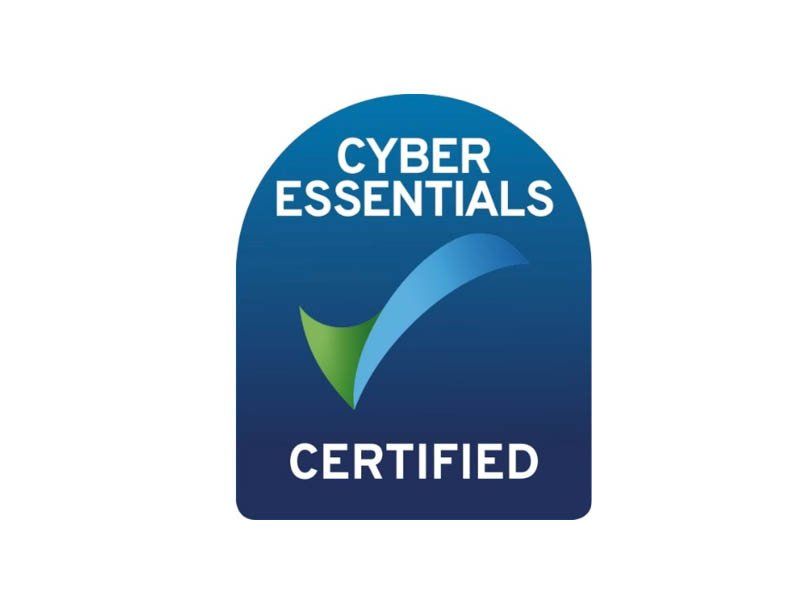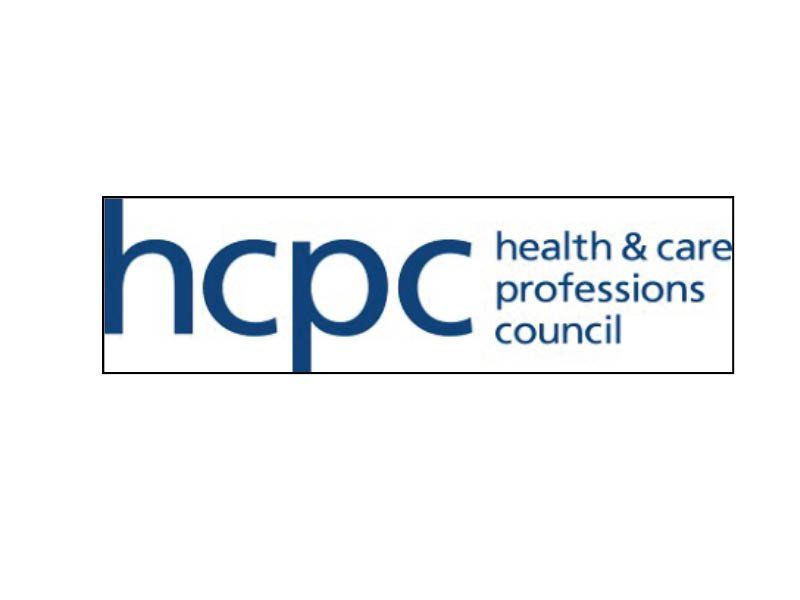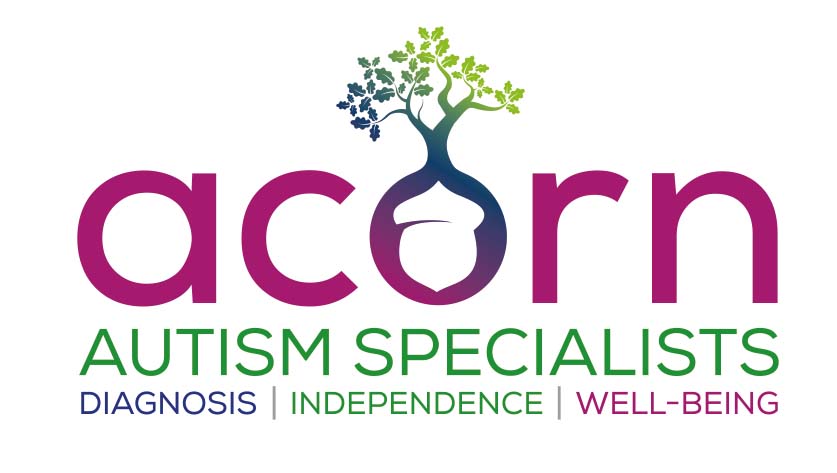Frequently Asked Questions
DIAGNOSIS | INDEPENDENCE | WELL-BEING
Autism can't define me, only I can define autism
Dr. Kerry Margo
Acorn AUTISM SPECIALISTS
Frequently Asked Questions
-
Do I need a Referral?
No. It is not necessary to seek a referral to our service and our clinicians can see you directly for consultation. We are happy to accept referrals from your GP, other medical doctors, psychologists and other health care professionals. Please note: In certain cases some private medical insurance organisations might expect you to have a formal referral. Please check with your insurance provider in advance about funding.
-
How long does the diagnostic assessment take?
Assessment instruments adhere to NICE gold standard guidelines, two appropriately registered clinicians will be involved in the assessment process for reliability purposes. The ADOS-2 is a face to face assessment comprising of a number of tasks (presses). The assessment takes around one to one and a half hours. The ADI-R is a comprehensive assessment with the child’s parent(s), or informant on behalf of an adult. This assessment can be completed remotely and takes anything from three to five hours to complete. Again, both clinicians will be involved from the relevant disciplines of Psychology and Speech and Language Therapy.
-
How long will it take for me to receive the report?
The reports are large documents evidencing information given in the assessments, they also contain a detailed case history, diagnostic formulation, and may include relevant external reports plus recommendations. We aim to complete a draft report within 14 days post assessment before seeing you again for a feedback discussion. The report will then be formalised and sent to you, and your GP should this be something you wish.
-
How many sessions will it take to complete the assessments?
We would aim to complete the assessments in one/two days, but this is entirely reliant on you as the client. We realise assessments can be tiring, and aim to reduce anxiety as much as possible.
-
What is the fee for diagnostic assessment?
The fee for an assessment is £2,150, there are no hidden costs.
-
How can I pay for my appointment?
All appointments are prepaid in advance. You will be sent an email with instructions on how to pay online with your appointment confirmation.
We also offer finance options, payment plans can be found under the 'Assessments' drop down menu.
-
How can a private autism assessment help?
A private autism assessment will support you, or your family in understanding why you may perceive the world differently. You may find answers you have been waiting for regarding you or your child’s development and help you develop a better understanding of yourself or your child. Importantly, it also gives us the information we need to create effective recommendations.
-
Can you guarantee I will get a diagnosis of autism and recommendations?
The outcome will either be a diagnosis of ASD or confirmation that you do not have ASD. The clinicians will score and evaluate the diagnostic outcome from the evidence available to them using gold standard assessments. We aim to help you develop a better understanding of yourself, your child, irrespective of diagnosis or not and recommendations are formulated based on your specific strengths and differences.
-
Is a private diagnosis recognised for the Education, Health and Care Plan (EHCP)?
Yes. The SEND Code of Practice (2015) is quite clear; all advice covers the relevant education, health and care needs of the child or young person, as well as the views, wishes and feelings of the parent. There is no basis in law for the Local Authority to reject a professional report simply because it was privately obtained. If this happens we would support you in making a complaint, asking the Local Authority to explain why they are ignoring the private diagnosis.
The SEN and Disability Code of Practice, which is statutory guidance issued by the government, contains further detail on what Local Authorities should consider. Paragraph 9.14 of the Code states that “the local authority should consider whether there is evidence that despite the early years provider, school or post-16 institution having taken relevant and purposeful action to identify, assess and meet the special educational needs of the child or young person, the child or young person has not made expected progress”.
The LA should pay particular attention to:
- Evidence of the child or young person’s academic attainment (or developmental milestones in younger children) and rate of progress;
- Information about the nature, extent and context of the child or young person’s SEN;
- Evidence of the action already taken by the school or other settings;
- Evidence that where progress has been made, it has only been as the result of much additional intervention and support over and above that which is usually provided; evidence of the child or young person’s physical, emotional and social development and health needs, drawing on relevant evidence from clinicians and other health professionals and what has been done to meet these by other agencies.
Refusal by a local authority to accept a private diagnosis following NICE guidelines would suggest an omission in following clear and explicit requirements re SEND. A diagnosis made under these terms should be regarded as credible evidence for a tribunal and there would need to be clear and succinct counter-evidence where repudiation may occur. For example, sometimes Local Authorities ask their own experts to comment on, or quality review a diagnostic report. Refusal to issue an EHC Plan, would be an appealable decision. This means if you appeal the decision a Tribunal would be under a duty to consider all the documents placed before them, private or otherwise.
In relation to the NHS, a privately obtained diagnosis is as robust as an NHS one, in both cases clinicians should be registered healthcare professionals meeting NICE guidelines. If you are advised that a private diagnosis report will be ignored, this is incorrect advice. NHS England state, “You are still entitled to free NHS care if you choose to pay for additional private care.”
-
Acorn Terms and Conditions of Business
"Your child is the same person before the autism diagnosis as they are after the diagnosis. Your lifestyles and actions may change, but your love for them never will."
Alicia Trautwein
